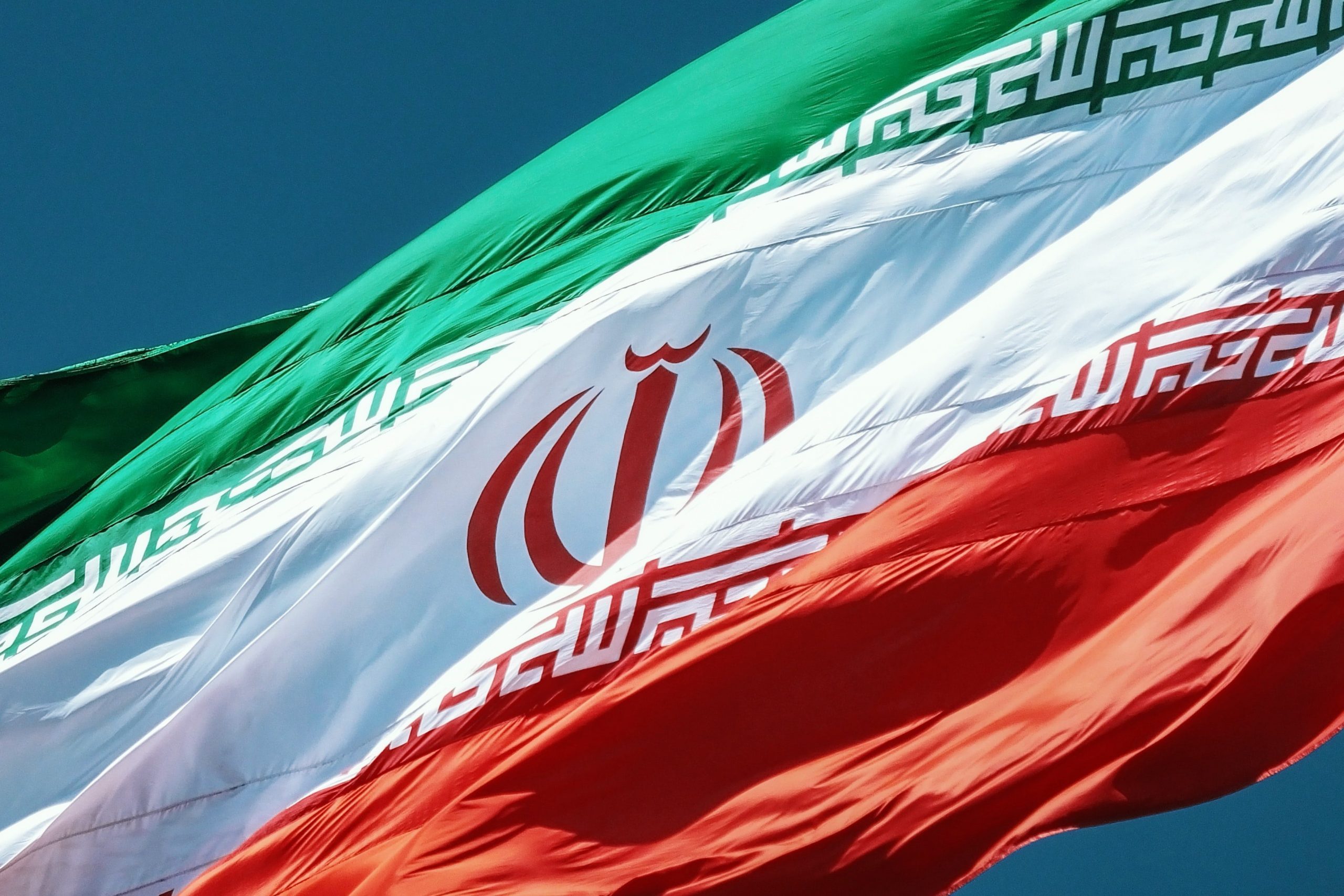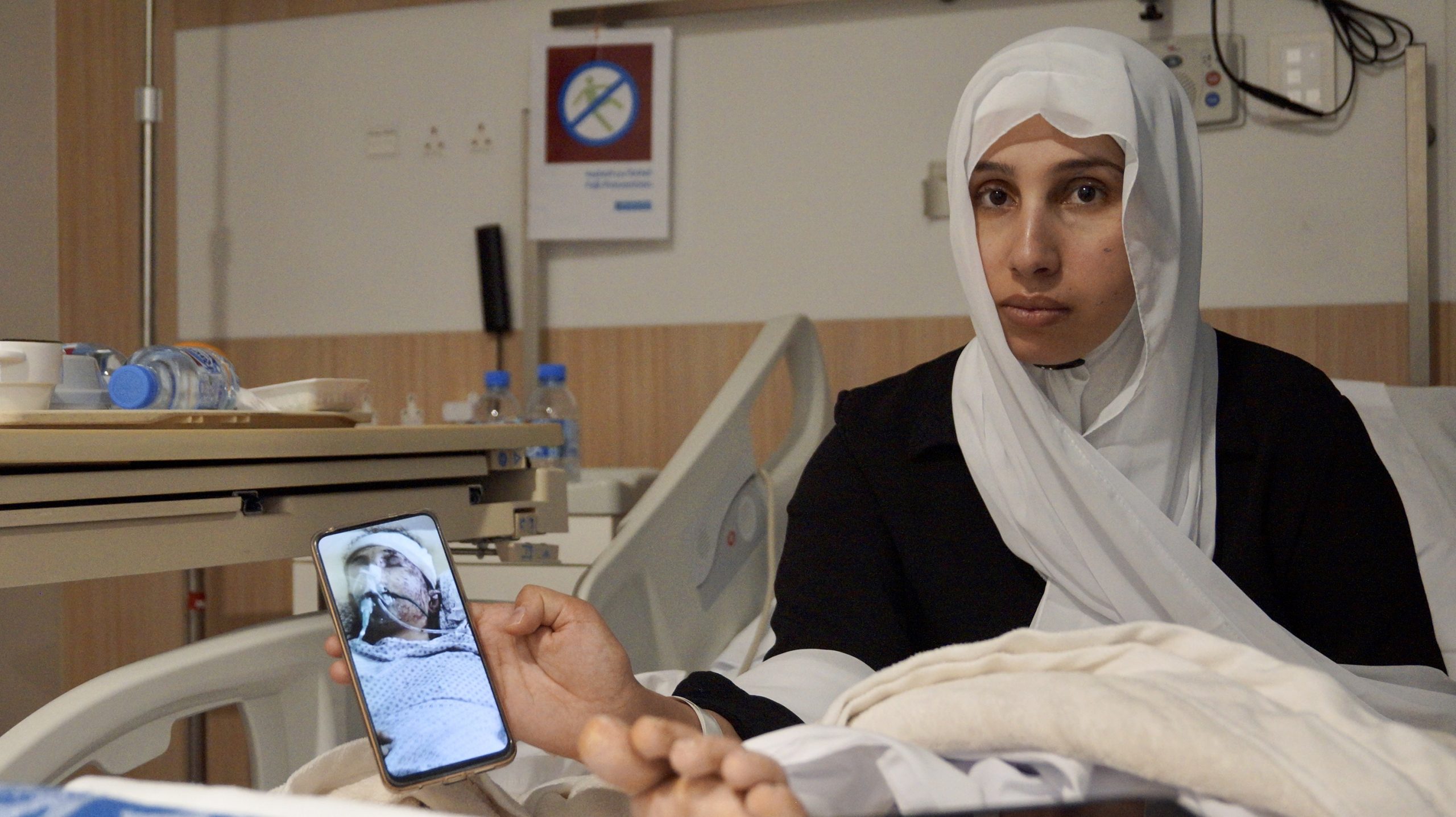The lawyers of an expat severely injured in a 2012 auto accident have said they are asking Qatar’s Court of Appeals to award their client QR10 million (US$2.75 million) in compensation.
If their bid is successful, it would be the highest amount ever awarded to a traffic accident victim in Qatar, according to Hawas Al-Shammari, a partner at Shammari and Hajri Lawyers and Legal Consultants.
In July of this year, Qatar’s Court of First Instance, or lower court, awarded the man, who is now paralyzed from the waist down, QR806,000 (US$221,350) in compensation. However, Al-Shammari said he appealed the ruling and has asked the higher court to consider the initial QR10 million request.
“This laborer is suffering,” he told Doha News.
Traffic tragedy
Roughly a year and a half ago, the man – an unnamed Nepalese construction worker in his 30s – was standing on the median of Corniche St. between Customs Roundabout and Ras Abu Aboud signal, waiting to cross the road on his way home from work.
According to Al-Shammari, a motorist in the center lane attempted to move into the left lane, but ended up rear-ending another vehicle. That car was sent into the median, where it struck the Nepalese man and pushed him into oncoming traffic.
The man was subsequently struck by another vehicle.
The first motorist, a Qatari man, has been criminally charged and fined for the accident, but not sentenced to jail time, Al-Shammari said. He added that he could not disclose the amount of the fine.
Separately, the motorist’s insurance company paid the QR806,000 compensation.
The construction worker – who had lived in Qatar for three years – was treated at Hamad Hospital, where his medical bills were covered by the insurance provided by his employer, Al-Shammari said.
Pedestrian safety is a growing issue in Qatar, with government officials calling it a “priority” health concern.
Fatalities were up by nearly one-third between 2008 and 2012. Each year, roughly 80 pedestrians die and more than 200 pedestrians are taken to hospitals in Qatar as a result of traffic accidents.
More than nine out of 10 victims are expats, mostly from Nepal, India, Pakistan, Sri Lanka and Bangladesh.
Quest for compensation
Qatari courts have considerable discretion in determining compensation levels, but generally apply the standard QR200,000 “blood money” award usually reserved in the case of deaths as a guide for serious injuries, Al-Shammari said.
He added that the victim was “fully satisfied and relieved” with the lower court’s QR806,000 judgment and returned to Nepal following the ruling.
However, his lawyers want that amount increased to QR10 million, which Al-Shammari said would be the highest compensation ever awarded to a traffic accident victim here. The lawyer said he found a previous judgment for QR3 million in a similar case, but could not immediately recall the details.
When asked how he came up with QR10 million, Al-Shammari said, “compensation amounts (are) a matter of (one’s) point of view.”
He would not name the insurance company required to pay the Nepalese man.
Implications
Whatever the outcome of the appeal – a ruling could come in early November – Al-Shammari said the case is a victory for the rights of migrant workers.
“The rights of the laborers are fully protected according to the Qatari laws … The system in Qatar protected his interest.”
He added that would-be migrant workers should not allow media reports – specifically allegations by the Guardian that Nepalese workers are being used as slave laborers – about Qatar’s human rights record to influence their decision to move here.
While Qatar has several laws in place to protect expat workers, organizations such as Human Rights Watch and trade union Building and Wood Workers’ International, which recently completed a visit to Doha, have urged the country to step up enforcement of those regulations. That includes shoring up work and living conditions, especially for low-income construction workers.
Rights groups have also called on Qatar to abolish its kafala system, and in particular the exit permit requirement, under which employees need their sponsors’ permission to leave the country, even for vacation.
Thoughts?








